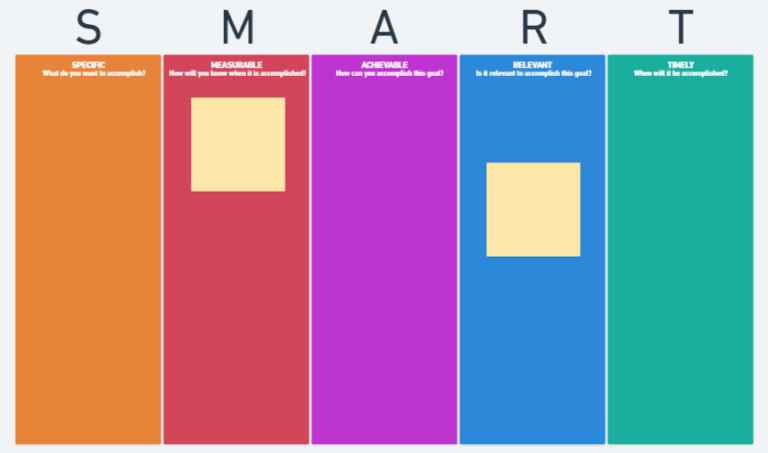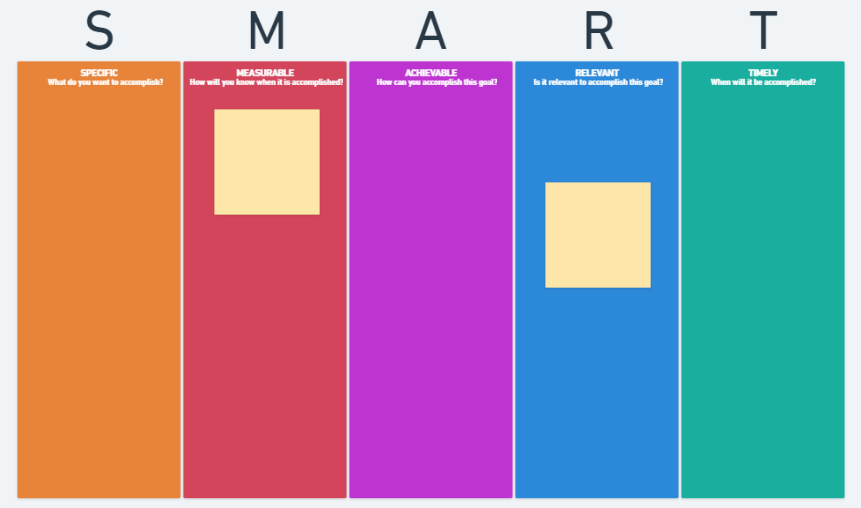
In the journey of life, having clear career goals and objectives is like having a road map to your dreams. It’s not just about landing a job; it’s about charting a path towards a fulfilling and successful career. Whether you’re a fresh graduate stepping into the professional world or a seasoned professional seeking a new direction, understanding how to set career goals and objectives is crucial. This guide will equip you with the knowledge and tools to not only set your career objectives but also make them a reality.
Understanding the Significance of Career Objectives
Career objectives are your personal roadmap to success. They provide direction, purpose, and motivation in your professional life. Here’s why they’re important:
- Clarity: Career objectives give you a clear direction and purpose in your professional life. They help you define what you want to achieve.
- Motivation: Having clear objectives keeps you motivated. When you know what you’re working towards, it’s easier to stay focused and driven.
- Evaluation: Career objectives serve as a yardstick for measuring your progress. They help you determine if you’re on the right track.
- Decision-Making: Career objectives guide your decision-making process. They help you make choices that align with your long-term goals.
Setting SMART Career Goals to Set Career Objectives
To set effective career objectives, follow the SMART criteria:
- Specific: Be precise about what you want to achieve. Vague goals make it hard to create a plan.
- Measurable: Define how you’ll measure your progress. Numbers and metrics provide clarity.
- Achievable: Ensure your goals are realistic. Setting unattainable objectives can lead to frustration.
- Relevant: Your objectives should align with your overall career and personal aspirations.
- Time-bound: Set deadlines for your goals. A timeframe creates a sense of urgency and accountability.
Differentiating Professional Goals from Personal Career Objectives
It’s essential to distinguish between professional goals and personal career objectives.
- Professional Goals: These are short-term targets, often related to a particular job or project. They can contribute to your career objectives, but they are smaller steps in the larger journey.
- Personal Career Objectives: These are your long-term aspirations. They encompass the big picture, defining where you want to be in your career in the future.

The Steps to Set and Achieve Your Best Career Objectives
1. Self-Assessment:
Understand Your Strengths:
Take stock of your strengths, skills, and talents. What are you good at, and what do you enjoy doing in your career? Identifying your strengths can help you focus on career objectives that leverage your abilities.
Acknowledge Weaknesses:
Be honest about your weaknesses. Recognizing areas where you need improvement can guide your decisions. You might decide to develop skills or seek roles that mitigate these weaknesses.
2. Research on How to Set Career Goals and Objectives
Industry Trends:
Stay updated with the latest trends and developments in your industry. Understanding where the industry is heading can help you align your career objectives with future opportunities.
Market Demand:
Research job market demand. What skills and qualifications are in high demand? Are there emerging job roles you can target? This information will guide you in setting relevant objectives.
3. Define Your Career Objectives:
Be Specific:
Clearly define your career objectives. For example, instead of saying, “I want to be successful,” specify, “I want to become a senior software engineer in a reputable tech company within five years.”
Measurable Goals:
Include metrics in your objectives. Define how you will measure success. This could be in terms of salary, job title, projects completed, or any other relevant metrics.
Achievable and realistic:
Ensure your objectives are achievable within your capabilities and resources. Setting unrealistic objectives can lead to frustration.
Relevance:
Ensure your career objectives are aligned with your long-term career aspirations and personal values. They should make sense in the context of your life and ambitions.
Time-Bound:
Assign deadlines to your objectives. Setting timeframes creates a sense of urgency and accountability.
4. Create a Plan:
Break It Down:
Once you have clear objectives, create a detailed plan. Break down your career objectives into smaller, manageable tasks. This step-by-step approach makes your goals less overwhelming and more achievable.
Set Milestones:
Define milestones along the way. These intermediate targets allow you to track your progress and celebrate achievements.
5. Acquire Skills:
Continuous Learning:
Identify the skills and qualifications required to achieve your career objectives. Invest in education, training, and self-improvement to acquire these skills.
Certifications:
If your objectives involve certifications or qualifications, make a plan to obtain them. Consider courses, workshops, or online learning platforms.
6. Network:
Build Relationships:
Professional relationships can open doors and provide valuable insights. Attend industry events, join online forums, and connect with colleagues and mentors who can offer guidance and support.
Mentorship:
Seek a mentor who can provide guidance and advice as you work toward your career objectives. A mentor’s experience can be invaluable in your journey.
7. Stay Flexible:
Adapt to Change:
Be open to adjusting your career objectives as circumstances change. Industry dynamics and personal priorities can shift. Being flexible allows you to adapt and seize new opportunities.
8. Track Progress:
Regular Assessment:
Set aside time for regular assessments of your objectives and progress. This helps you identify areas that need adjustment and track your achievements.
Celebrate Success:
Celebrate your achievements along the way. Recognizing and acknowledging your progress can boost motivation and morale.
9. Seek Mentorship:
Choosing the Right Mentor:
Look for a mentor whose experience and expertise align with your career objectives. A mentor can offer guidance, share insights, and help you navigate challenges.
Open Communication:
Maintain open communication with your mentor. Discuss your career objectives, seek advice, and update them on your progress.
10. Stay Persistent:
Overcoming Challenges:
Career journeys often include challenges and setbacks. Persistence is key. Stay committed to your objectives, even when facing obstacles.
Resilience:
Develop resilience to cope with challenges. Focus on your long-term vision, and use setbacks as opportunities to learn and grow.
By following these expanded steps, you’ll have a comprehensive plan for setting and achieving your best career objectives. This structured approach will provide you with the guidance and motivation needed to make your career aspirations a reality.
FAQs About Career Objectives
Q1: What is the difference between career goals and career objectives?
- A: Career goals are specific, short-term targets, while career objectives are your long-term aspirations that encompass your overall career path.
Q2: How do I make sure my career objectives are achievable?
- A: To ensure your career objectives are achievable, use the SMART criteria. Be specific, measurable, achievable, relevant, and time-bound.
Q3: Why is self-assessment important when setting career objectives?
- A: Self-assessment helps you understand your strengths, weaknesses, values, and interests, providing a solid foundation for setting meaningful and achievable career objectives.
Q4: How often should I review and adjust my career objectives?
- A: Regularly review your career objectives, at least annually, to ensure they still align with your aspirations and current circumstances. Adjust as needed.
Q5: Can personal career objectives change over time?
- A: Yes, personal career objectives can change as your priorities, values, and interests evolve. It’s important to stay flexible and adapt your objectives accordingly.
Conclusion
Setting and achieving career objectives is a fundamental part of career success. By understanding the significance of career objectives, following the SMART criteria, differentiating professional goals from personal career objectives, and taking the necessary steps, you can navigate your professional journey with clarity and purpose. Remember, your career objectives are the compass that guides you towards your dreams, and with determination and the right plan, you can make them a reality.